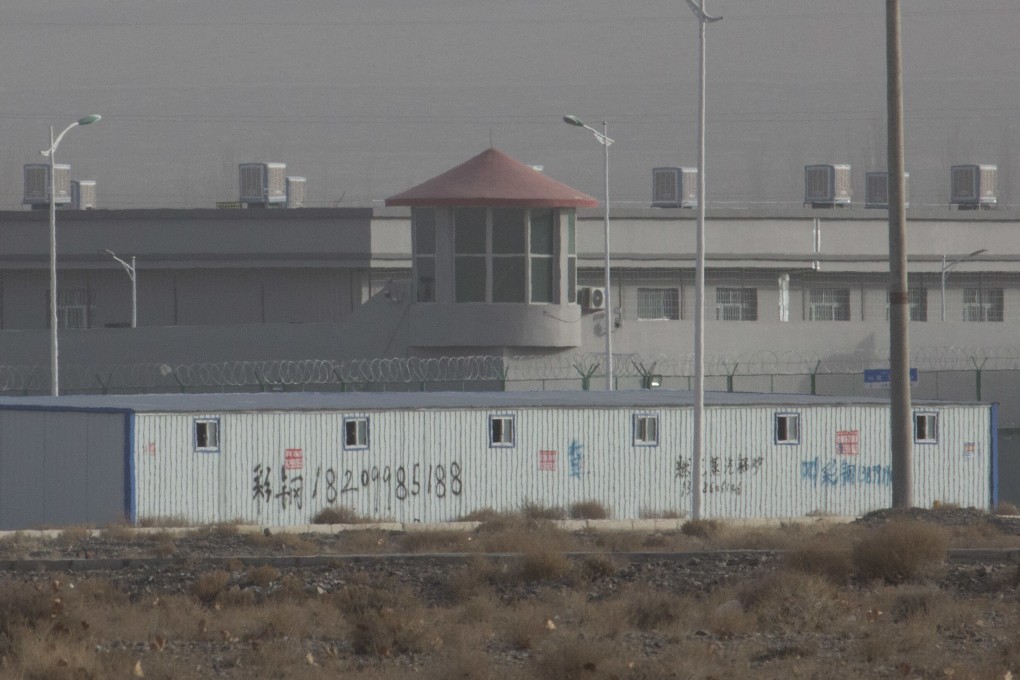Xinjiang forced labour concerns threaten to derail China’s investment deal with EU
- Officials say European Parliament could refuse to endorse deal over Beijing’s failure to commit to International Labour Organisation standards
- One member of the parliament vows to rally opposition to the ‘disastrous’ deal that ‘mocks the enslavement of a people’

Although China has offered the European Union multiple concessions in a landmark investment agreement, it has firmly refused to budge on a make-or-break issue: labour rights.
EU officials now say Beijing’s refusal to ratify International Labour Organisation (ILO) standards on forced labour will make it politically difficult for the European Parliament – whose endorsement is vital to validate the deal – to vote in its favour.
“The political signal is disastrous. This deal mocks the concentration camps and enslavement of a people,” Raphael Glucksmann, a member of the European Parliament from the centre-left Place Publique party, told Politico. “I will be active in organising opposition to this deal.”
“Labour rights in China is a hot potato, particularly given the parliament’s recent urgent resolution on Xinjiang. If there are no proper commitments on ILO, then it’ll be extremely difficult,” a source with knowledge of the thinking of both the EU Parliament and the European Commission – which conducts the negotiations with China – said.
The Commission, the executive arm of the EU, last week told the 27 member states that it had made a “political decision in principle” to take the deal, as it deemed Beijing to have made sufficient concessions on market access for European companies in areas such as telecommunications, financial services and electric cars.